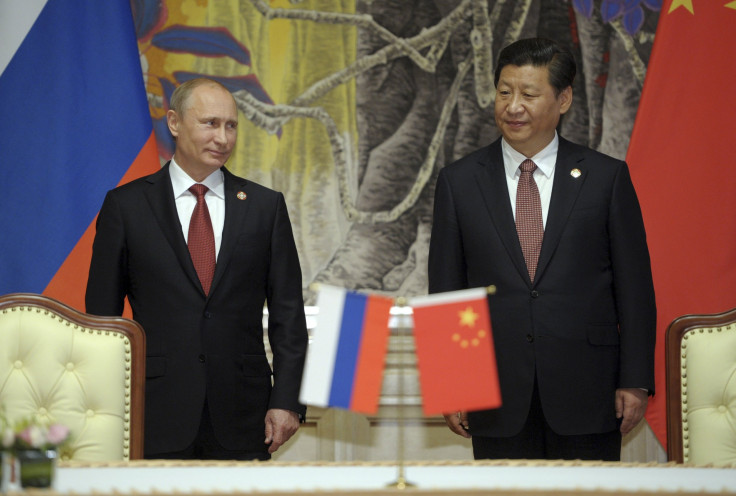Russia Touts Prospects of A Second Major Natural Gas Deal With China

Russian officials are touting the prospect of another major energy deal with China, just weeks after Moscow and Beijing signed a historic $400 billion natural gas agreement.
China’s booming demand for gas, along with the success of the deal in late May, could jump-start progress on a long-stalled pipeline project, Kremlin Chief of Staff Sergei Ivanov said, according to a Foreign Policy report on Thursday.
“Considering the pace of China’s economic growth and the agreed pricing formula, I’d say it is very likely that we will soon conclude a contract to build a western [pipeline] before long,” Russian and Chinese media reported Ivanov as saying.
The Altai gas pipeline would connect Russia’s Western Siberia region to northwestern China. Russia’s Gazprom and the state-owned China National Petroleum Corp. signed an agreement for the project in 2006. But in 2008, Russia said it would delay construction on the proposed 1,200-mile pipeline after failing to reach an agreement on pricing with China. Two years later, the companies signed a preliminary deal, but the project ultimately stalled again in 2013 after Russian and Chinese officials agreed to pursue an eastern pipeline route, which was finalized with the deal that closed last month.
Energy experts say that, if it succeeds, the western Altai pipeline would be a boon for Russia and a “nightmare” for Europe. That’s because as long as Russia depends on Western countries to buy the bulk of its gas supplies, Europe will have political leverage over the Kremlin. The more non-European buyers Russia can find, the less it’s constrained by Western politics, FT reported.
But the Altai project’s prospects are uncertain. Ivanov said the pipeline would require “tens of billions of dollars” in Russian investment. And its gas shipments would arrive in China’s sparsely populated West, where demand for the fossil fuel is far below that of China’s economic centers. Without that thirst for gas, Russia wouldn’t be able to charge a price premium and would likely have to sell it for a lower price, FP noted.
"Europeans would use the low price of gas by the Altai pipeline to China to lobby for lower prices of Russian gas [in Europe]," Mikhail Korchemkin, head of East European Gas Analysis, told FP.
© Copyright IBTimes 2024. All rights reserved.











